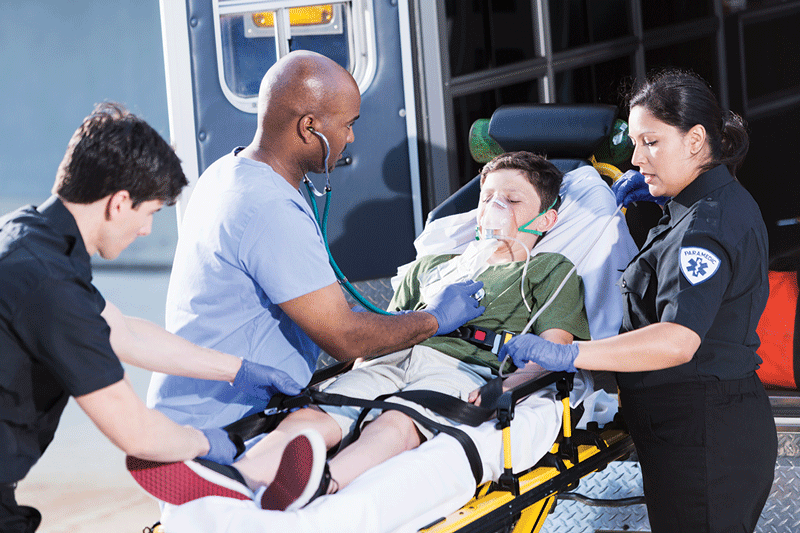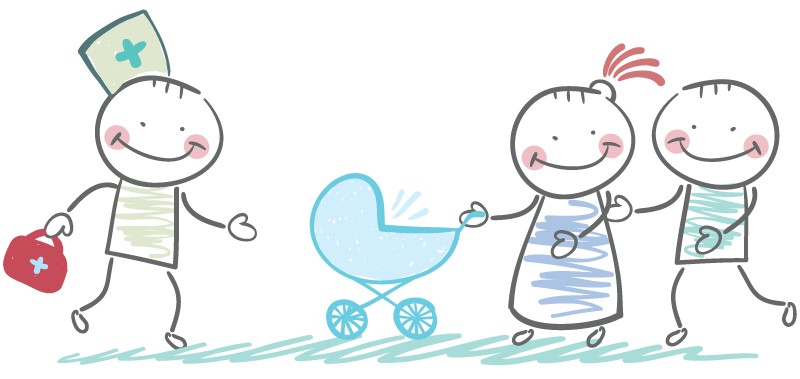Browsing: Topics




Critical Care Alert! Dabigatran Reversal
Article: Pollack CV et al. Idarucizumab for Dabigatran Reversal. NEJM. 2015;373: 511-20. PubMedID: 26095746 Background Novel oral anticoagulant agents such as


Clinical
,
Pediatric EM
,
Fellowships
,
Pediatric Fellowships
Why Pursue Pediatric Emergency Medicine?
Why should an EM resident consider specializing in pediatric EM? What unique opportunities exist for pediatric EM physicians? One of ACEP's Pediatric Emergenc
Why Pursue Pediatric Emergency Medicine?
12/4/2015 Paul Ishimine, MD, FACEP , Paula Whiteman, MD, FACEP, FAAP , Kyle Marshall, MD, FACEP , Kurtis Mayz, JD, MD, MBA, FACEP , Gillian Schmitz, MD, FACEP , Emily Rose, MD, FAAP, FACEP , Christopher S Amato, MD, FAAP, FACEP , Arwen Declan, MD , Ariel Cohen, DO , Ann Dietrich, MD, FACEP




